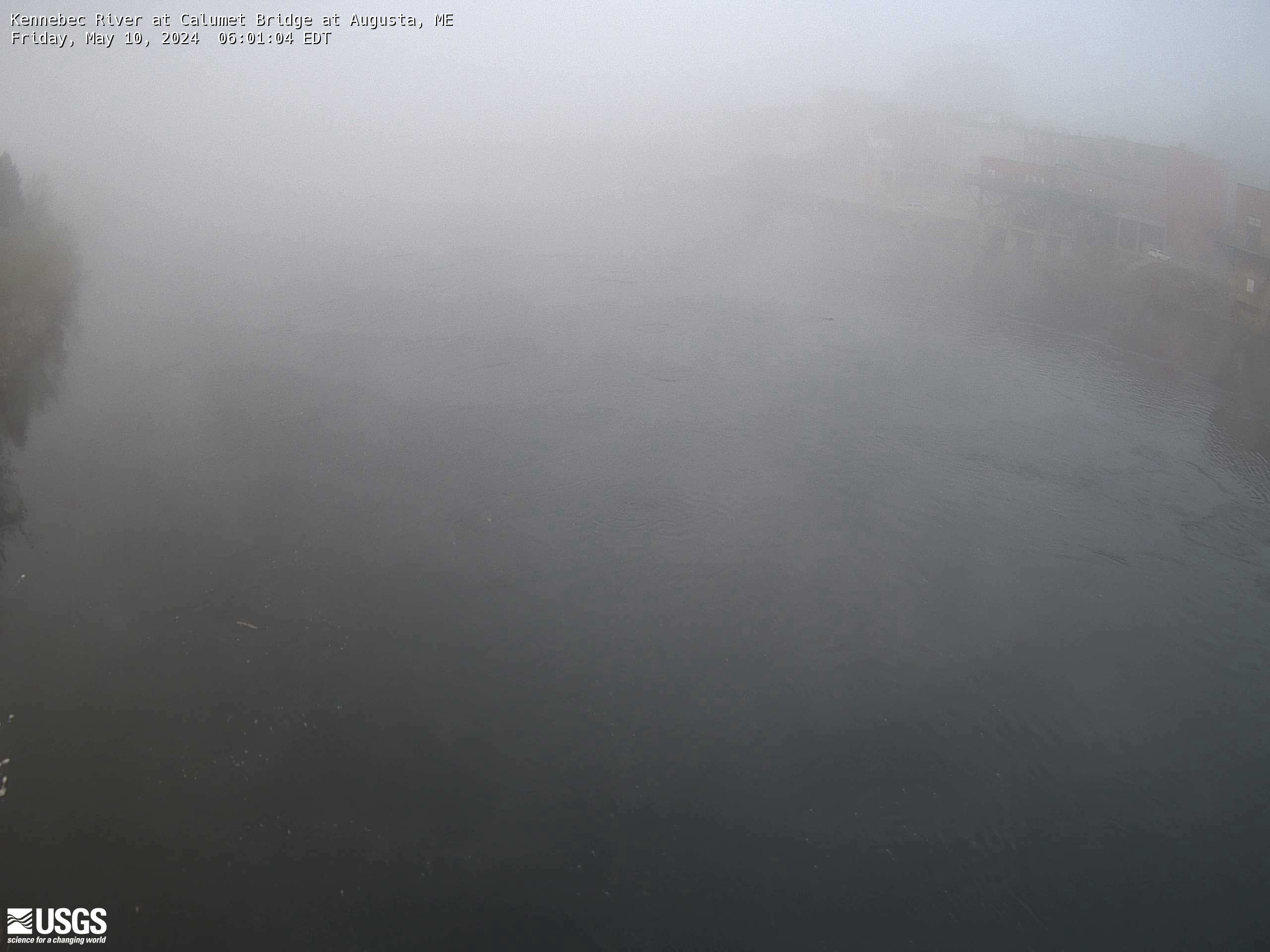Augusta, Maine Weather Cams
Kennebec River at Calumet Bridge Cam

Augusta, Maine: A Storied Past from Indigenous Roots to State Capital
Augusta, Maine Weather Cams. Augusta, the capital city of Maine, has a rich and varied history that spans centuries. From its early days as an Indigenous settlement to its role as a colonial trading post and eventual rise as the political heart of the state, Augusta’s story is one of resilience, transformation, and enduring significance.
Indigenous Presence and Early European Exploration
Long before European settlers arrived, the area now known as Augusta was home to Indigenous peoples, particularly the Algonquian-speaking tribes. These groups thrived along the Kennebec River, relying on its abundant resources for fishing, hunting, and transportation.
European exploration of the region began in the early 1600s. In 1607, English settlers from the Popham Colony explored the Kennebec River, marking the first recorded European presence in the area. By 1625, representatives of Plymouth Colony established a trading post on the east shore of the Kennebec, which became known as “Cushnoc”. This post facilitated trade between settlers and Indigenous groups, particularly in furs and other goods.
Fort Western and Colonial Expansion
As tensions between Indigenous peoples and European settlers grew, the need for fortified structures became evident. In 1754, the Kennebec Proprietors, successors to the Plymouth Company, constructed Fort Western, a wooden fort designed to protect settlers and serve as a supply depot. The fort played a crucial role in the region’s development, attracting trappers and settlers who sought safety and economic opportunity.
During the late 18th century, the settlement expanded, and in 1771, the village was incorporated as Hallowell. However, as the population grew, the upriver portion of Hallowell separated in 1797 to form the town of Harrington, which was soon renamed Augusta on June 9, 1797.
Augusta Becomes Maine’s Capital
Maine officially became a state in 1820, separating from Massachusetts. Initially, Portland served as the state capital, but Augusta’s central location and accessibility made it a more practical choice. In 1827, Augusta was designated as the capital of Maine, and by 1832, the Maine State House was completed, solidifying Augusta’s role as the political center of the state.
Augusta continued to grow, incorporating as a city on August 20, 1849. The city’s economy diversified, with industries such as textiles, paper production, and trade flourishing along the Kennebec River.
Economic and Social Development
Throughout the 19th and early 20th centuries, Augusta saw significant industrial growth. The Kennebec River provided power for mills, and the city became a hub for manufacturing and commerce. Labor unions emerged in response to industrial expansion, advocating for workers’ rights and shaping the local economy.
Augusta also became a center for education and governance. The University of Maine at Augusta, established in 1965, provided higher education opportunities for residents and contributed to the city’s intellectual and cultural development.
Challenges and Resilience
Augusta’s location along the Kennebec River made it vulnerable to flooding, particularly in the spring. The Great Flood of 1987 was one of the most devastating natural disasters in the city’s history, causing widespread damage and prompting efforts to improve flood management.
Despite challenges, Augusta has remained a vibrant city, adapting to economic shifts and preserving its historical landmarks. Fort Western, now a museum, stands as a testament to the city’s colonial past, while the Maine State House continues to serve as the seat of government.
Modern-Day Augusta
Today, Augusta is a blend of history and modernity. The city’s downtown area features historic architecture alongside contemporary businesses, reflecting its evolution over time. The Kennebec River remains a focal point, offering recreational opportunities and scenic beauty.
Augusta’s role as Maine’s capital ensures its continued importance in state affairs. With a population of approximately 18,899 as of the 2020 census, the city remains a hub for governance, education, and commerce.
Conclusion
Augusta’s history is one of transformation—from an Indigenous settlement to a colonial trading post, a military fort, and ultimately the capital of Maine. Its resilience in the face of economic and environmental challenges has shaped it into a city that honors its past while embracing the future.
For more information, visit the Augusta, Maine official website.
